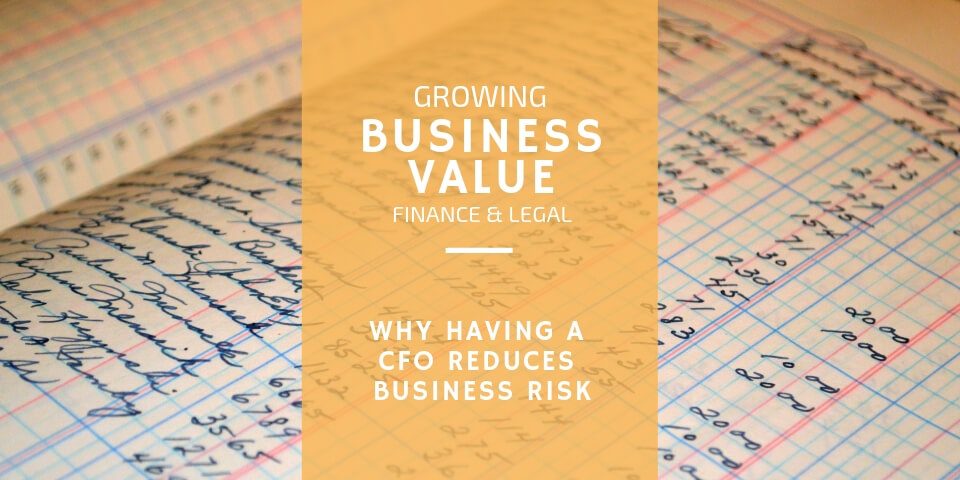March 18, 2019
In my last article, I talked about how much cash you should keep in your personal and business checking and savings accounts. Now, I want to talk to you about how to get paid. More specifically, you need to get paid in a timely manner in order to build up your cash reserves. The CFO or department head in charge of your treasury oversees your cash flow, which includes your accounts receivable. This AR division of your company is directly responsible for collecting customer payments. Thus, it’s directly responsible for the health and well-being of the cash flow into your business. To keep that cash flow coming in, I have 19 tips for improving accounts receivable collections.




